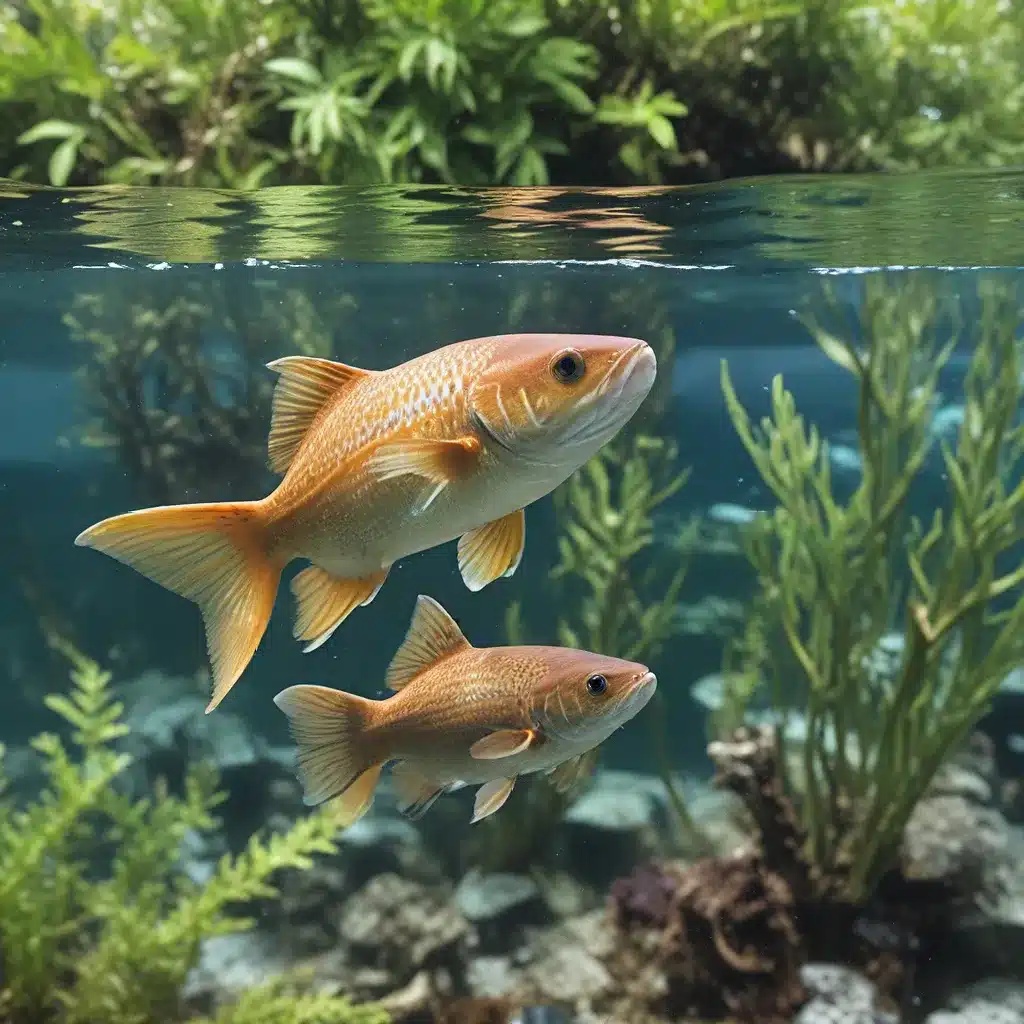
Navigating the Complexities of Aquarium Conservation
In the vibrant world of aquarium keeping, a growing movement has emerged, advocating for sustainable practices that protect the delicate ecosystems and marine life involved in this captivating hobby. As aquarists, we have a unique responsibility to champion conservation efforts and ensure the long-term health of our aquatic companions. This article will delve into the nuances of aquatic activism, exploring the challenges, opportunities, and practical steps we can take to foster a more sustainable aquarium industry.
Confronting the Misconceptions: Aquarium Trade and Conservation
The aquarium trade has long been a target for radical activists who seek to eliminate the keeping of aquatic life altogether. Dubbed the “Saving NEMO Act” (HR 6447), recent legislation has been pushed with the purported goal of preventing the import and collection of marine aquarium organisms obtained through destructive practices or with poor survival rates in captivity. However, a closer examination reveals that this legislation is not about science or conservation but rather a thinly veiled attempt to shut down the entire aquarium industry.
The reality is that the aquarium trade and hobby have made significant strides in sustainability, with numerous regulations and laws already in place to address the concerns raised by this legislation. Importing fish obtained through illegal means is already prohibited under the Lacey Act, while the Convention on International Trade in Endangered Species of Wild Fauna and Flora (CITES) regulates the international trade of species that require monitoring and regulation. Additionally, state and federal agencies manage the collection of aquarium fish within the United States, ensuring responsible practices.
Despite these existing frameworks, the proponents of the Saving NEMO Act seek to create a legal scheme that would effectively shut down the vast majority of aquarium fisheries, aquaculture, and mariculture operations that supply the aquarium hobby. This misguided approach would not only devastate the livelihoods of those working in the industry but also deprive countless individuals of the educational, aesthetic, and conservation benefits that the aquarium hobby provides.
Embracing Sustainable Aquarium Practices
As aquarium enthusiasts, we have a unique opportunity to lead the charge in promoting sustainable aquarium practices. By educating ourselves and actively engaging in conservation efforts, we can demonstrate the positive impact of responsible aquarium keeping and challenge the misconceptions perpetuated by radical activists.
One of the most impactful ways to support sustainability is through the adoption of aquaculture and mariculture practices. These methods of cultivating aquatic organisms, both freshwater and marine, have made remarkable strides in recent years, providing a reliable and sustainable source of aquarium inhabitants. By choosing aquacultured and maricultured species, we can reduce the pressure on wild populations and contribute to the preservation of fragile ecosystems.
Furthermore, the aquarium hobby has been at the forefront of advancements in aquascaping techniques, which prioritize the creation of visually stunning, yet ecologically balanced, underwater landscapes. Through the use of native plants, thoughtful hardscape placement, and innovative filtration systems, aquarists can create thriving microcosms that mimic natural environments. These aquascaping practices not only enhance the aesthetic appeal of our aquariums but also promote the overall health and resilience of the aquatic life within.
Empowering Aquarists through Education and Advocacy
As aquarium enthusiasts, we have a responsibility to educate ourselves and share our knowledge with the broader community. By staying informed about the latest sustainable practices, advances in aquaculture, and innovative aquascaping techniques, we can become ambassadors for the aquarium hobby and its positive impact on conservation efforts.
One way to make a difference is to engage with organizations and advocacy groups that champion the cause of responsible aquarium keeping. Organizations like the National Animal Interest Alliance (NAIA) provide valuable resources, legislative updates, and opportunities to connect with like-minded individuals who share our passion for aquatic life. By lending our voice to these initiatives, we can effectively counter the misinformation spread by radical activists and advocate for the continued growth and development of the aquarium industry.
Moreover, we can empower fellow aquarists by sharing our own experiences and successes in cultivating thriving, sustainable aquarium ecosystems. Online forums, local aquarium clubs, and educational workshops offer platforms to exchange ideas, showcase best practices, and inspire others to adopt eco-friendly approaches in their own aquarium setups.
Fostering a Future of Aquatic Stewardship
As we navigate the evolving landscape of the aquarium hobby, it is crucial that we embrace the principles of sustainability and conservation. By championing aquaculture, advancing aquascaping techniques, and educating ourselves and others, we can demonstrate the positive impact of responsible aquarium keeping and counter the misconceptions perpetuated by radical activists.
King Aquarium, a leading provider of aquarium supplies and equipment, is committed to supporting aquarists in their pursuit of sustainable practices. By offering a wide range of eco-friendly products, educational resources, and expert guidance, they empower hobbyists to create thriving aquatic environments that benefit both the inhabitants and the broader ecosystem.
As aquarists, we have an opportunity to be agents of change, shaping the future of the aquarium industry and contributing to the preservation of our aquatic ecosystems. Through our collective efforts, we can cultivate a more sustainable, informed, and engaged aquarium community, ensuring that the joy and wonder of keeping aquatic life continues to be shared for generations to come.

